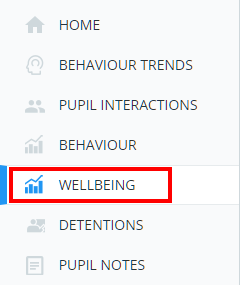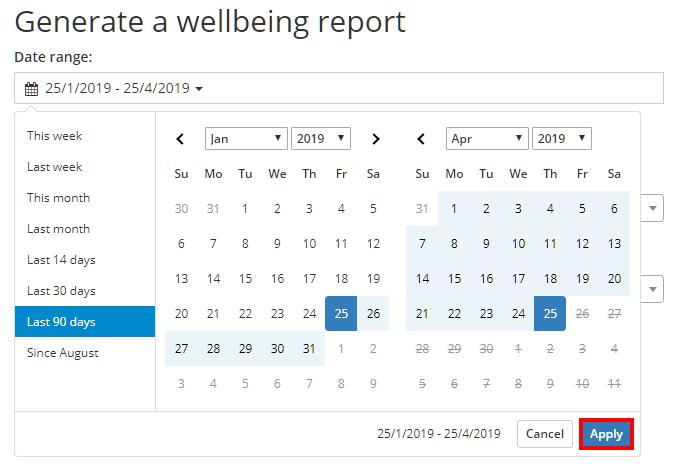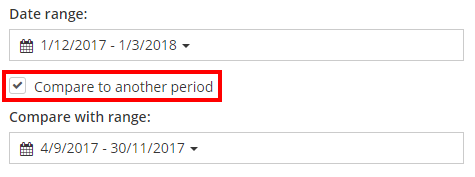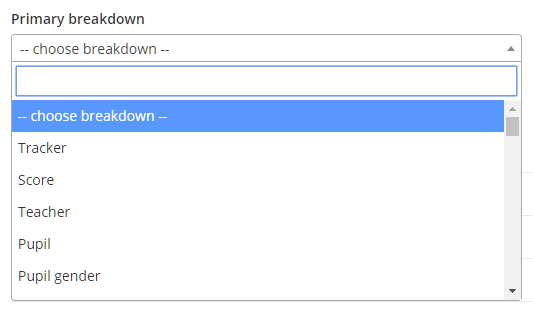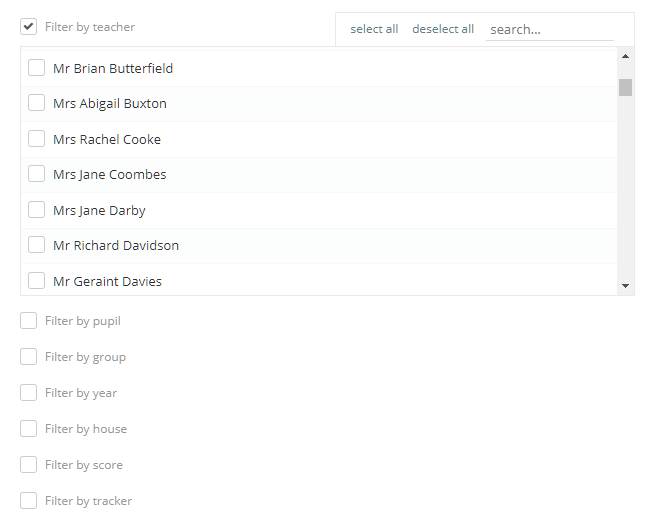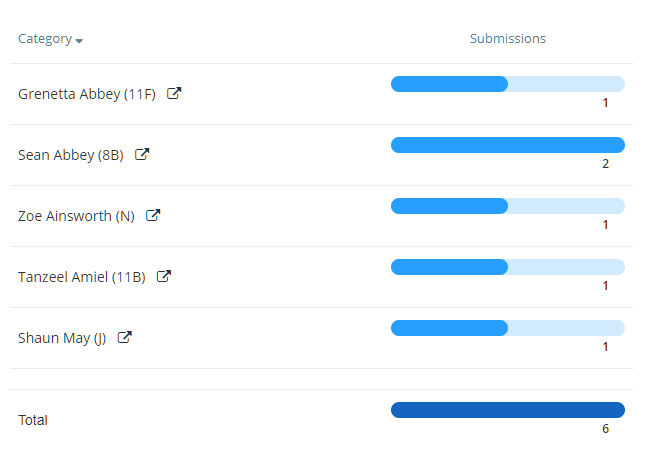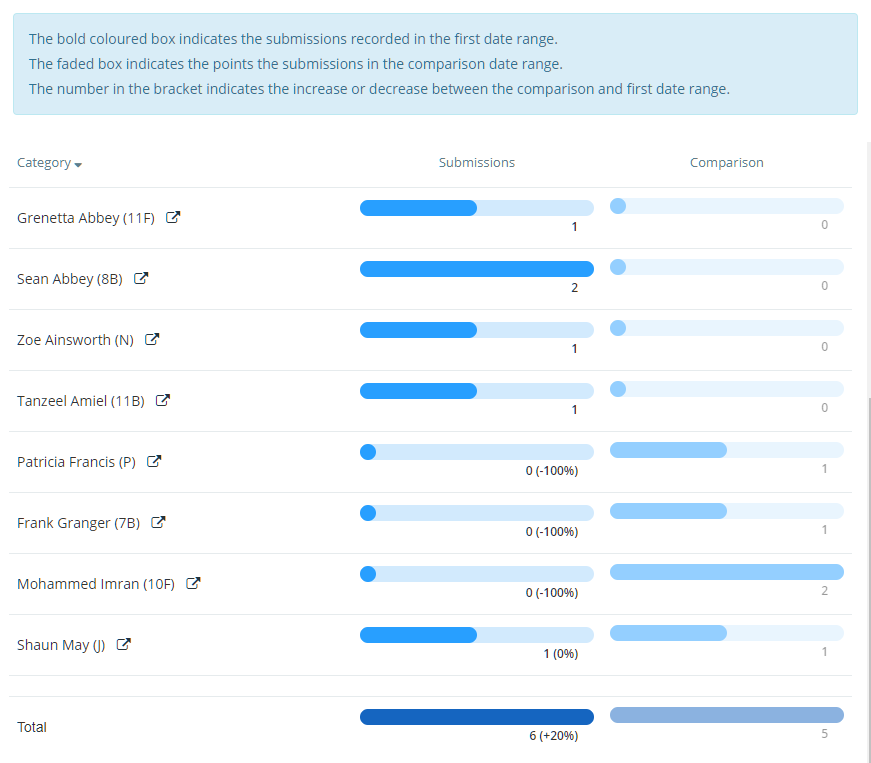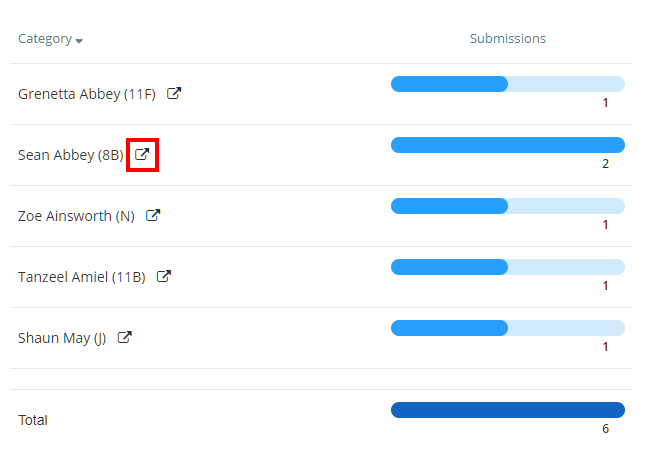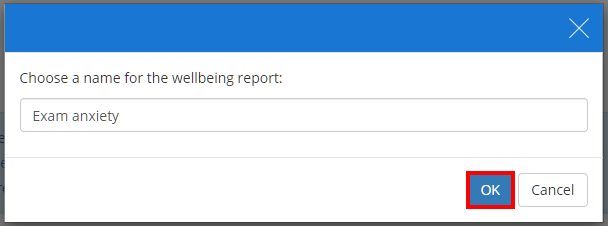Class Charts allows you to create powerful wellbeing reports that can track how wellbeing submissions being recorded across the school.
To start creating your own wellbeing reports, click on the Analytics tab at the top of the page.
You will appear on the Analytics home page. Select the Wellbeing option from the menu on the left hand side.
First, select the date range that the report will cover by clicking on the Date range field. A date picker will appear that allows you to select from preset date ranges or a custom range of your choice. Click on the Apply button once you have decided.
In addition to creating a behaviour report for a specific date range, you can also compare the behaviour activity to behaviour activity in a second date range. Tick the Compare to another period check box and specify a comparison range.
To generate a report, a primary breakdown must be specified so that the results can be broken down in to specific categories. Select a breakdown option from the drop down menu.
Once a primary breakdown has been selected, an optional secondary breakdown can be used to further categorise the results of the report.
If a secondary breakdown has been applied, you can also apply a tertiary breakdown to your report.
If the wellbeing report is too general for your needs, you can apply various filters that refine the results. To apply a filter, tick a filter option checkbox and select the subcategories of your choice.
To include archived pupils in the report, tick the Include archived pupils checkbox.
You can then generate your report by clicking the Generate report button, or export the report to an Excel spreadsheet by clicking the Export to excel button.
A generated report will be displayed underneath the report options and buttons.
If the report is being compared to a second date range, the comparison date range will appear as faded rows next to the first date range.
Accessing detailed results
Once a report which uses pupil as a breakdown has been generated, you may wish to see a specific result in more detail. To do this, click on the detailed report icon next to a pupil’s name in the report.
This will open up a the pupil’s individual wellbeing graph, allowing you to interpret the data more closely.
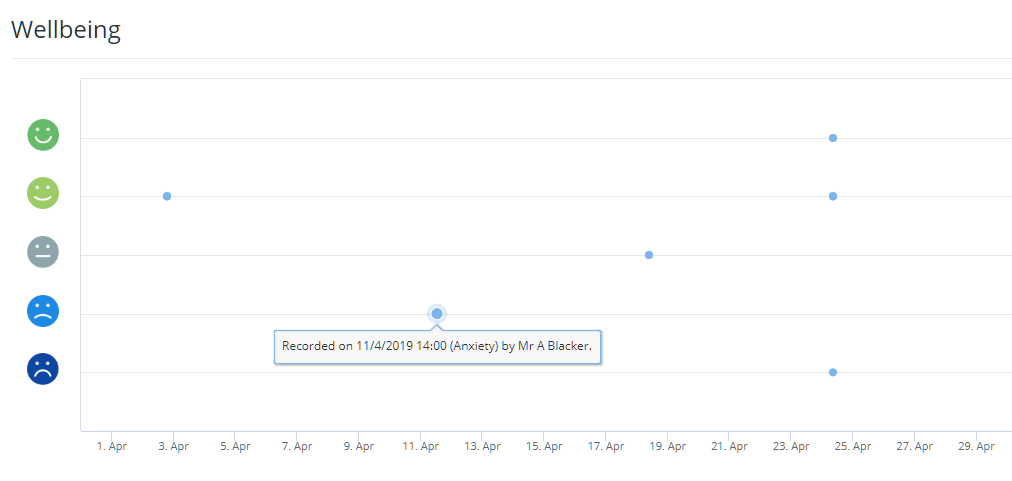
Saving reports
If you find that you are constantly reapplying and running the same reports on a regular basis, you can save the report criteria for easier future use. To do this, set up the report criteria to your desired preferences and click on the Save for later button in the bottom right hand corner of the page.
A popup will appear prompting you to name the report. Enter a name and click on the OK button to save the report.
Saved reports will appear along the top of the page. Clicking on a saved report will reapply the report’s breakdown and filter options, which can then be tweaked further.


